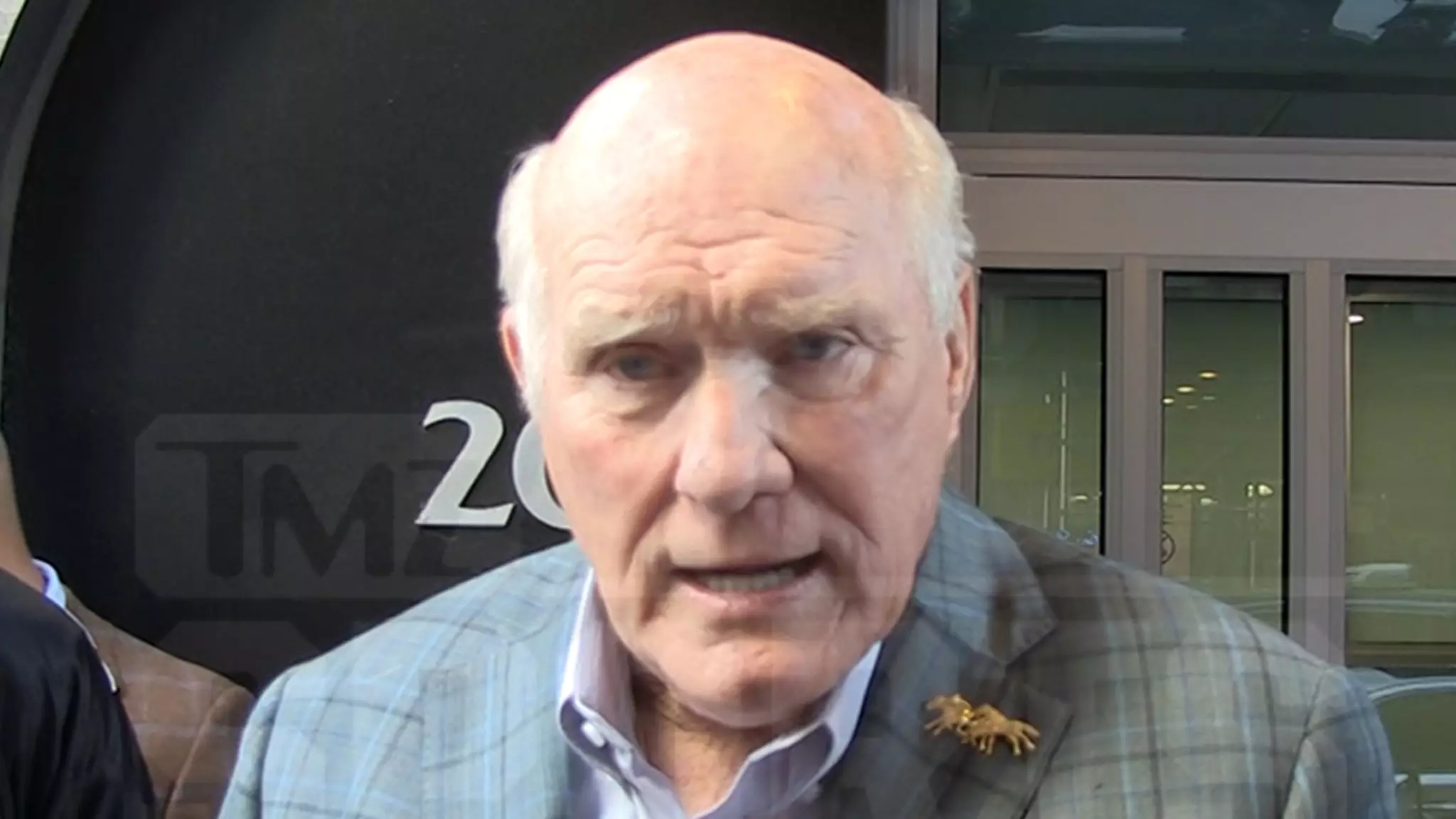In the ever-evolving landscape of the NFL, the quarterback position is often the focal point of debate and conjecture, as evidenced by recently surfaced comments from Steelers legend Terry Bradshaw. The Hall of Famer made headlines by asserting that if he had the final say in Pittsburgh’s quarterback situation, he would stick with Justin Fields rather than pivot to Russell Wilson. This perspective reflects not only a respect for Fields’ potential but also a deeper understanding of what he brings to the Steelers’ current dynamics. Amid speculation surrounding a potential quarterback switch, Bradshaw’s endorsement of Fields resonates, especially as the team finds itself tied for first place in the AFC North with a commendable record of 4-2.
Bradshaw articulates confidence in Fields’ abilities, proclaiming him a key asset with his athleticism and skill. He believes that Fields has demonstrated sufficient competency to retain his starting role, a sentiment that seems at odds with some reports buzzed around the Steelers’ organization. In such discussions, Bradshaw shows his loyalty to the young quarterback, emphasizing that Fields fits seamlessly into the team’s structure and ethos.
On the contrary, Fields himself has publicly voiced dissatisfaction with his performance. Expressing a rare moment of humility, he acknowledged his shortcomings, stating, “I don’t think I played well enough.” This awareness highlights a critical aspect of professional sports: the relentless pursuit of improvement and self-evaluation. Fields’ candid admission raises questions about accountability and the pressure that young quarterbacks face while leading a franchise with high expectations. His reflection that the uncertainty surrounding his starting position stems from his performance underscores the competitive nature of the NFL, where every game presents a fresh challenge.
Head Coach Mike Tomlin’s apparent preference for Wilson indicates a challenging crossroads for the Steelers. If he opts for Wilson as the starter, it suggests a shift that could rattle the confidence of both Fields and the rest of the squad. A transition to Wilson might serve a strategic purpose, especially considering his veteran experience, but it could impart a less favorable message to younger talents striving for recognition.
Navigating the complexities of the quarterback situation not only impacts individual players but also the overall trajectory of the Steelers’ season. If Wilson steps in as the starting quarterback against a formidable opponent like the New York Jets, the organization must carefully assess the ramifications. A loss or a shaky performance could result in further division among fans and analysts regarding the direction of the team moving forward.
The debate surrounding the Steelers’ quarterback situation encapsulates the duality of promise and skepticism that defines the NFL. Bradshaw champions a young quarterback whose best days may lay ahead, while Fields grapples with self-doubt, and the team wrestles with the allure of a seasoned veteran. With the season still unfolding, the decisions made in Pittsburgh will have lasting repercussions on not just the players involved, but also on the legacy of the franchise itself.

